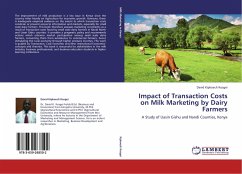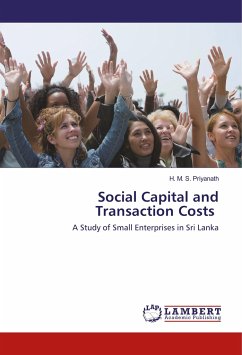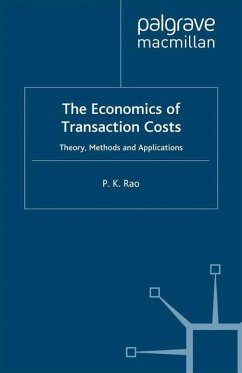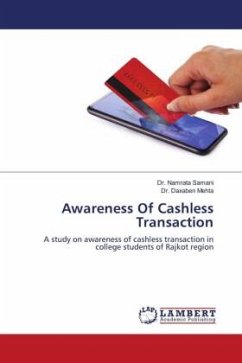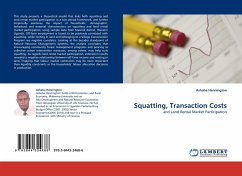
Squatting, Transaction Costs
and Land Rental Market Participation
Versandkostenfrei!
Versandfertig in 6-10 Tagen
32,99 €
inkl. MwSt.

PAYBACK Punkte
16 °P sammeln!
This study presents a theoretical model that links both squatting and land rental market participation in a two period framework; and further empirically examines the impact of households` demographic, behavioral and material characteristics on squatting and land rental market participation; using sample data from Masindi district, Western Uganda. Off-farm employment is found to be positively correlated with squatting, while renting in land and belonging to a Village Conservation Program are negative correlates. Looking at the broader standpoint of Natural Resource Management Systems, the anal...
This study presents a theoretical model that links both squatting and land rental market participation in a two period framework; and further empirically examines the impact of households` demographic, behavioral and material characteristics on squatting and land rental market participation; using sample data from Masindi district, Western Uganda. Off-farm employment is found to be positively correlated with squatting, while renting in land and belonging to a Village Conservation Program are negative correlates. Looking at the broader standpoint of Natural Resource Management Systems, the analysis concludes that encouraging community forest management programs and policing as collective action intervention measures, among others, may help curb squatting. As regards land rental market participation, estimation results revealed a negative relationship between off-farm income and renting in land, implying that labour market constraints may be more important than liquidity constraints in the households' labour allocation decisions in production.




